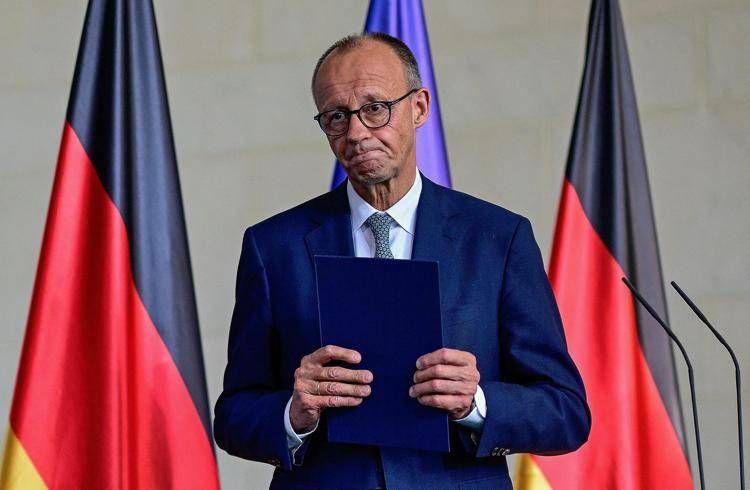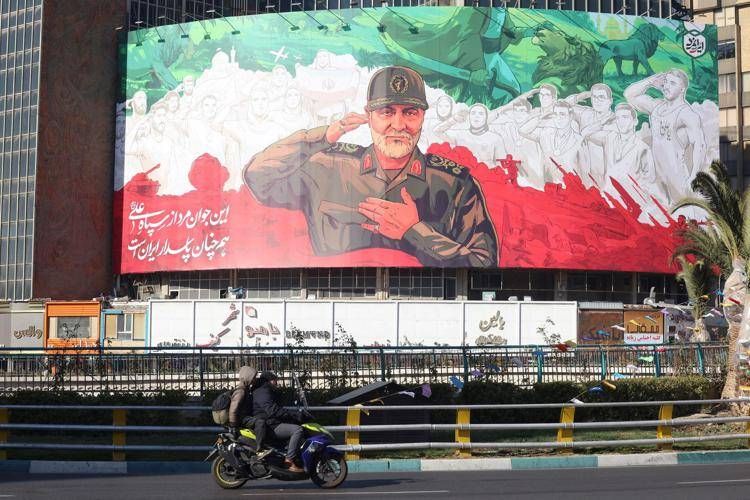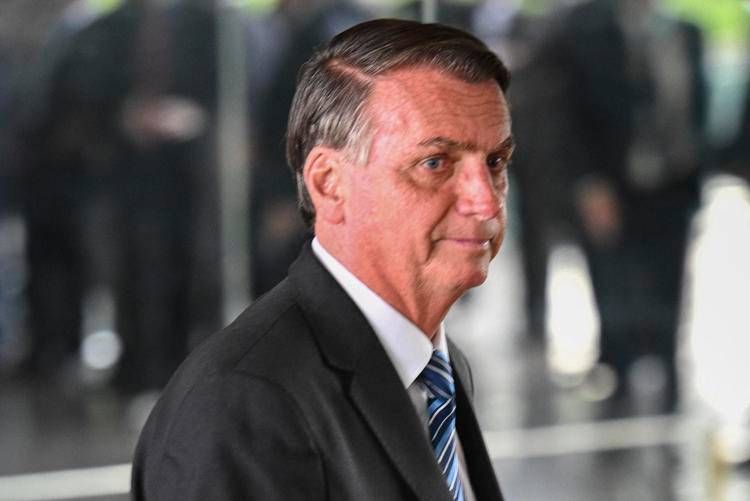
EU-US trade agreement causes concern in Berlin
-


Overnight explosions in Caracas hit military area, widespread power outages reported VIDEO
-


Attacco Usa in Nigeria contro l’Isis, Trump: “Risposta al massacro di cristiani” VIDEO
-


Frana a Cormons: disperso un giovane e un’anziana sotto le macerie VIDEO
-


Tifone Fung-Wong colpisce le Filippine: un milione di evacuati VIDEO LIVE
From 1 August, 15% tariffs will be imposed on all EU countries. Germany is the most exposed country. Tajani (Italy): ‘We need intervention from the ECB, as we did during the COVID-19 pandemic.’
From 1 August, 15% tariffs will be imposed on all EU countries. Germany is the most exposed country. Tajani: ‘We need intervention from the ECB, as we did during Covid.’
The signing of the trade agreement between the United States and the European Union, reached yesterday at the end of the meeting between Donald Trump and Ursula von der Leyen, had an immediate and far from reassuring impact on Germany, the European bloc’s leading economy.
‘We will suffer substantial damage,’ Chancellor Friedrich Merz admitted bluntly, explaining that ‘we could not expect to get more’ in a context of strong imbalance between the two sides of the Atlantic. ‘The negative effects of the agreement will not be limited to Germany and Europe,’ he added, ‘we will also see the effects of this trade policy in America.’
15% tariffs: Germany is the hardest hit
Starting on 1 August, 15% tariffs will come into effect on all exports from European Union countries to the United States. This is a heavy blow that will affect EU members asymmetrically. Germany is the most exposed country, given its dominant position in exports to the US, especially in the automotive, steel and machine tool sectors. In 2024 alone, these sectors generated billions of dollars in turnover.
Next among the most vulnerable countries are Ireland and Italy, while France, despite having key sectors such as aeronautics, agri-food, wine and luxury goods, appears relatively less affected, although not immune to market share losses.
Tajani: ‘The real issue is the euro-dollar exchange rate’
On the Italian front, Deputy Prime Minister and Foreign Minister Antonio Tajani points to another key factor: currency. “I believe that the issue we need to talk about now is the relationship between the euro and the dollar. This is the main issue we will have to address,” he explained, “because the dollar has depreciated by 17%, more than the tariffs themselves. And that is where we need to take action”.
Tajani reiterated the need for intervention by the European Central Bank: ‘I have been asking for weeks for the ECB to intervene. We need to reduce the cost of money further, as we did during the pandemic. We are at 2%, we can get to zero. And we can consider a new quantitative easing, i.e. the purchase by the ECB of government bonds from member countries, to increase the amount of money in circulation.’
The monetary issue, “more important than tariffs”
‘This issue is even more important than tariffs,’ Tajani stressed at a Forza Italia press conference dedicated to the South. ‘The euro-dollar exchange rate will be the front on which we will all have to work if we want to ensure the competitiveness of our businesses. Of course, the decision is up to the ECB, but we must not underestimate this monetary aspect. No one is talking about it. Yet it is fundamental for the entire European economy and for Italy in particular.’
THE LATEST NEWS
(Photo: © AndKronos)
-

 International-News19 ore ago
International-News19 ore agoWill Smith sexual assault lawsuit filed in Los Angeles
-

 International-News20 ore ago
International-News20 ore agoIran protests spread nationwide as deaths reported, tensions rise after Trump comments
-

 News20 ore ago
News20 ore agoMorte di Aurora Livoli, c’è un indagato a Milano
-

 Primo Piano20 ore ago
Primo Piano20 ore agoProteste in Iran, morti negli scontri: cresce la tensione dopo le parole di Trump









